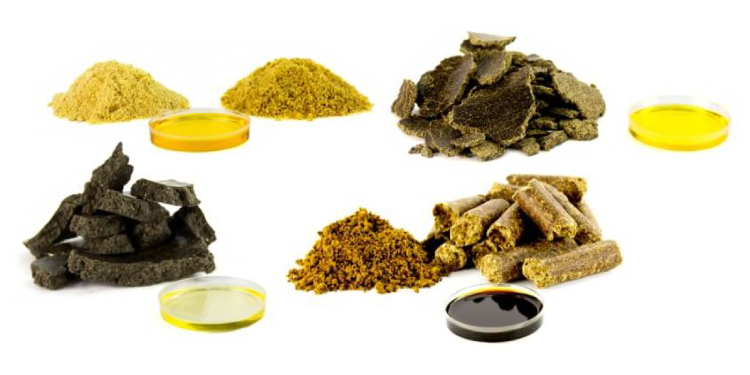Additional Ingredient Processing via High-Shear Dry Extrusion and ExPress® Technology

Rising input costs and record-low commodity prices have created economic challenges and an unprecedented new reality for farming. A recent economic analysis from the University of Arkansas showed U.S. farm losses of $240/acre for corn, $144/acre for soybeans, and $380/acre for rice, with significant losses for cotton, which was not shared. Now, more than ever, farmers need to pivot and focus on how to add value to their business. On-farm ingredient processing allows farmers an opportunity to make their own ingredients while avoiding losses from selling their crops and buying those processed ingredients – typically at higher prices for a loss – back to feed their animals.
High-shear dry extrusion developed by Insta-Pro was built on the foundation of on-farm processing to produce high-quality nutritional ingredients. The nutritional benefits of high-shear dry extruded ingredients include:
- Improved digestibility
- Longer shelf-life
- Increased dry matter
While this technology was invented to process soybeans, Insta-Pro has continued to adapt and conduct research on alternative ingredients to traditional soybeans. Today, I will highlight some of the alternative ingredients that can be processed via high-shear dry extrusion and the ExPress® process.
Whole grains (i.e. corn, wheat, etc.), blended ingredients (i.e. corn-soy blend, flax-corn/wheat blends, canola/pea etc.), and stabilized ingredients (i.e. rice bran, full-fat cottonseed meal, tomato pomace, etc.) can all be processed with high-shear dry extrusion. For example, stabilized rice bran processed immediately following the bran separation at the rice facility has a shelf-life of at least 8 months, as measured by free-fatty acid levels remaining below 5% in the extruded rice bran.
Other oilseeds can also be processed via the ExPress® process – a pairing of the high-shear dry extruder with a single (crude fat < 35%) or double (crude fat > 40%) mechanical oil press(es) which will yield both a partially-defatted cake and crude oil. Most common ExPress® oilseeds applications include: cottonseed, canola/rapeseed, sunflower, and flaxseed/linseed. A research trial conducted at the University of Manitoba concluded that ExPress® canola meal had greater standardized ileal digestible amino acids and AME (i.e. metabolizable energy) compared with solvent-extracted canola meal. This data suggests that ExPress® processed canola can provide broilers with more protein and energy for productive purposes.
The table below shows the typical analysis of canola and other oilseeds determined by continuous research and development.
| Oilseed** | raw, Starting crude Oil Content, % | raw, Starting CRUDE Protein Content, % | Oil Extraction Efficiency, % | Finished, ExPress® Meal Oil Content, % | Finished, ExPress® Meal Protein Content, % |
| Soybean1 | 18 – 22 | 36 – 40 | 65 – 72 | 6 – 8 | 42 – 50 |
| Cotton1* | 20 – 22 | 20 – 22 | 65 – 70 | 6 – 8 | 26 – 30 |
| canola2 | 35 – 40 | 22 – 26 | 72 – 75 | 8 – 11 | 32 – 37 |
| sunflower3 | 35 – 45 | 16 – 22 | 62 – 75 | 10 – 16 | 22 – 27 |
| flax2 | 36 – 40 | 21 – 25 | 75 – 78 | 8 – 10 | 36 – 40 |
1 ExPress® – single press
2 ExPress®-Press double press
3 Press-ExPress® double press – initial cold press
*Whole, fuzzy cottonseed
**All values used for oil and protein content are expressed in average ranges. Actual content will vary due to differences in the varieties and growing conditions. Operator management and material handling also influence the quality of the product.
In these tough economic times, it is important to invest in strategies to help re-cooperate losses or even generate new revenue streams. ExPress® processing is an adaptable and flexible technology that gives farmers the tools needed to address these challenges.



